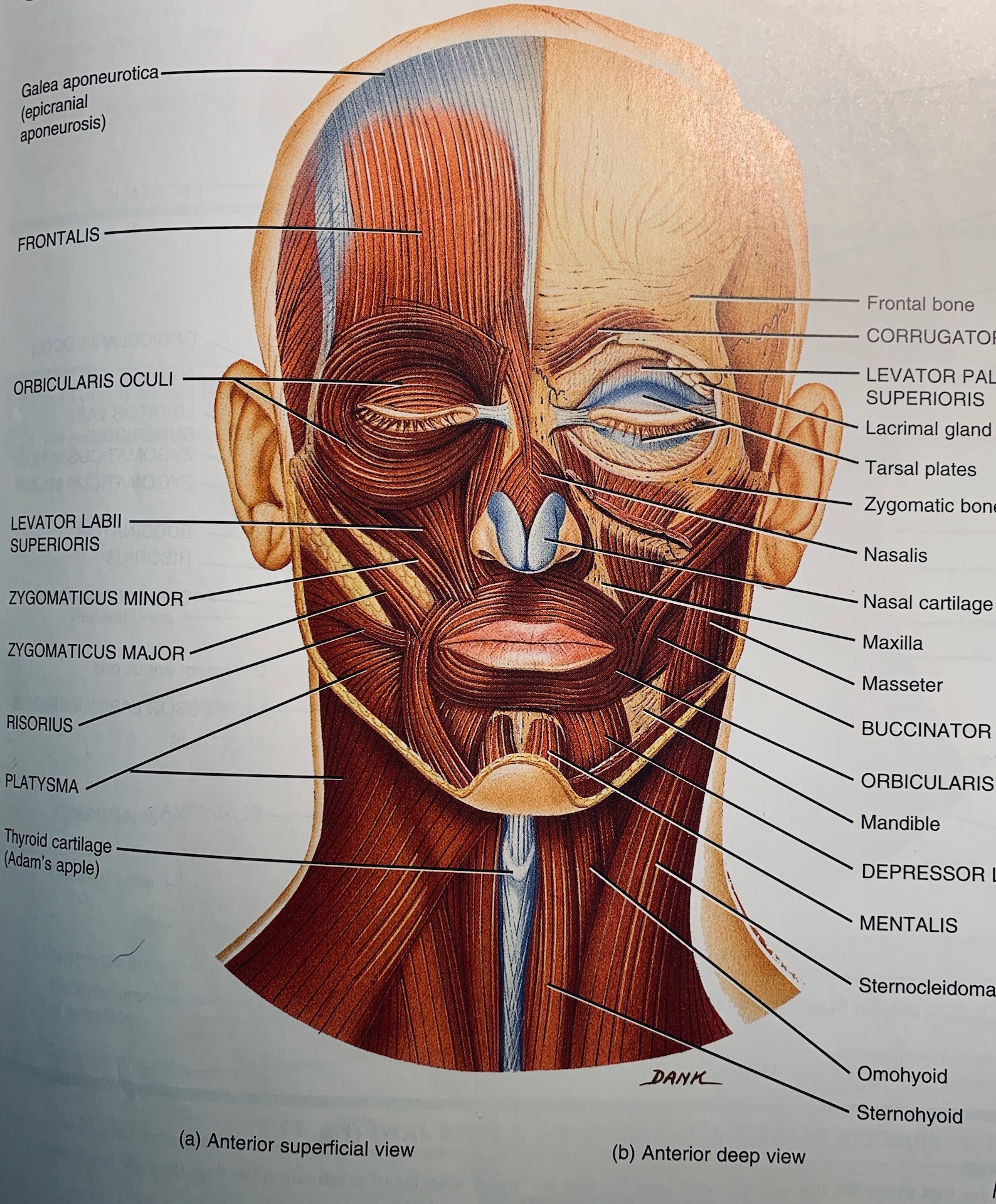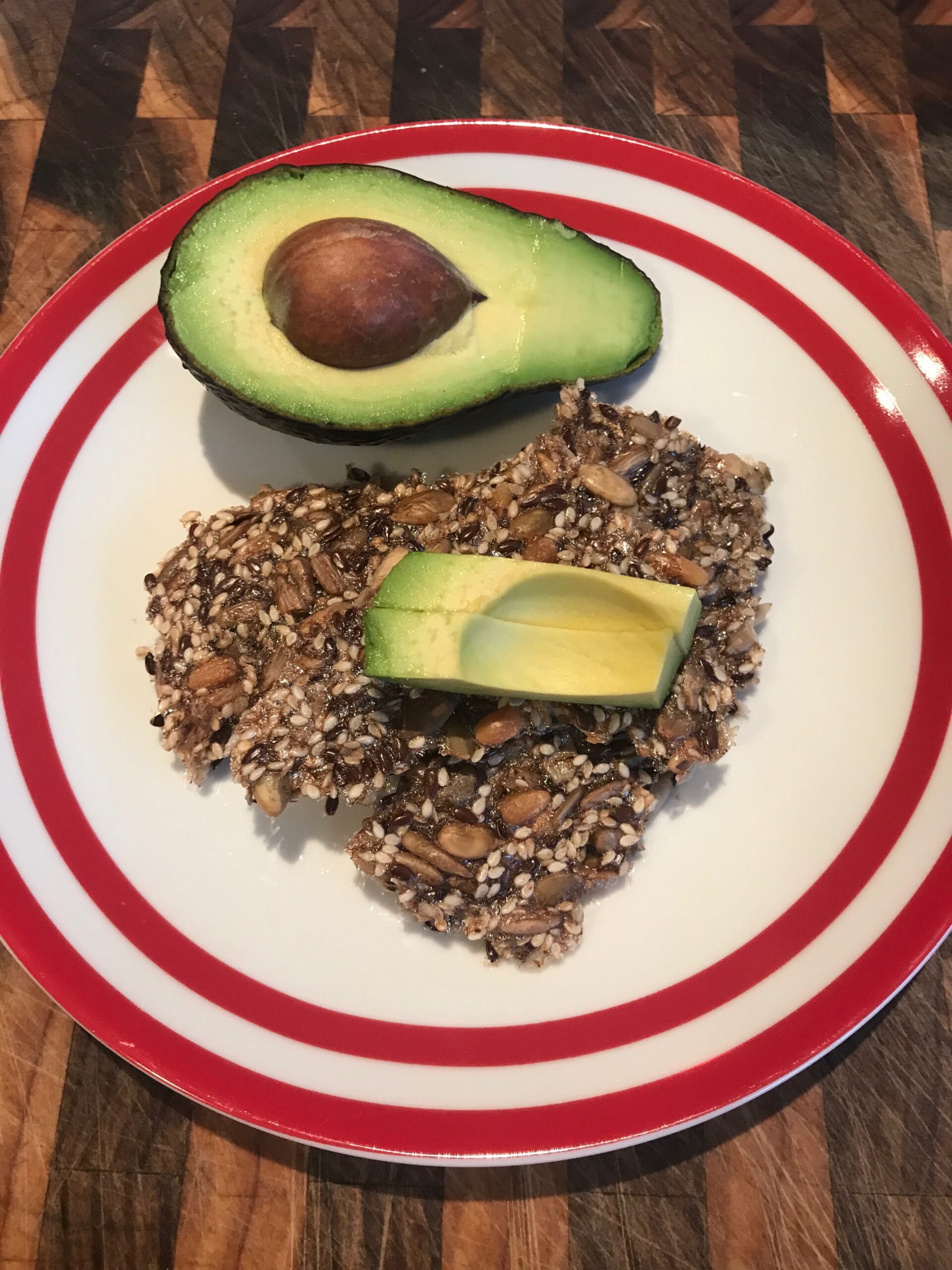What happens when you stop eating sugar?
Sugar is not actually the great evil, as it is often portrayed. It occurs naturally in many foods, including fruit, dairy products and vegetables. The problem arises when we add additional sugar to what is already naturally in food.
Often we mistake craving for sugary treats as a genuine need, instead of it being mostly bad habits. Whilst we need sugar for energy, our desire far outstrips our need. The usual guidelines for sugar intake allow us around 90grams of sugar per day for an average adult. This is around 18 teaspoons. This is a lot of sugar. The WHO has expressed the need to lower our sugar intake to around 25grams (6 teaspoons) in an effort to manage the obesity epidemic.
To put this in perspective, a 200g tub of yoghurt will have around 20g of sugar. One fun-size Milky Way bar has 10g of sugar. A red delicious apple has around 11g of sugar. You see how easy it is to have too much, even without the chocolate. I won’t even mention soft drinks…
So what happens when you remove sugar from your diet?
1. Your Energy Will Improve
Many of us have a tendency to reach for sugar-filled items, including soft drinks, sports drinks, energy drinks and caffeinated beverages, when we’re tired. However if we retrain our body to run on more appropriate fuel from a quality diet, we will have a higher energy level naturally. And by eating more protein, and better quality carbs, this will also stop the mid afternoon low blood sugar slump, hence no 3pm coffee and sugar craving.
2. Your Weight Will Stabilise
Sugar makes you crave more sugar, and not just sugar in its raw form. Most sugar we consume comes in the form of high fat and/or high-carb foods that are highly processed and contain other unwanted ingredients. By reducing your sugar intake, your body will not need to deal with all those additional calories. And if you replace the processed snacks with quality meals containing protein, decent carbs and good fats, you won’t feel hungry, won’t snack, have more energy, and you’ll end up losing weight.
3. You’ll Stop Wanting Sugar
When we eat sugar, we crave more sugar. After you remove it from your diet, you slowly begin to lose the need for sugar. Fruit will taste sweet enough, and if you do eat cake or biscuits, you will be surprised how overly sweet it seems.
4. Your Skin Will Look More Healthy
Skin is so reactive to what we put in it and sugar allows for poor clearance and repeated bacterial overload, which can affect how your skin looks and feels. Many people report that their skin feels and looks healthier from removing excess sugar in diet.
5. Your Intestines and Colon Will Work More Efficiently
Healthy eating means lots of fibre and a minimum amount of highly processed foods. When you remove sugar, you allow your gut and bowels to reset their abilities to process what you’ve eaten. You may even find that you go to the bathroom more often, which can be a good thing. It means everything is getting back to a normal routine.
How to change your diet and remove sugar without crashing:
Cutting out sugar completely isn’t always recommended, especially if you currently intake high amounts daily, but it’s definitely a good idea to start cutting back. Have a look at your daily intake, and work out where you can make changes. Often it helps to track your daily intake using a calorie counter which can total the sugar consumed, so that you are able to see the hidden sugar in diet.
The World Health Organisation (WHO) has changed its sugar recommendation—advising no more than 5% of your daily intake of calories should come from sugar, down from the previously recommended 10 percent. They have stated that around 25 grams of sugar (5-6 teaspoons) is a sufficient daily amount, which means usually that you can eat one or two pieces of fruit, but no extra sugar, as the rest will be included in food.
Start small by evaluating everything you’re eating and drinking. If you are addicted to soft drinks, find another replacement such as herbal teas, or lemon in water. Avoid high sugar lattes with syrup flavouring. If you catch yourself looking for a snack, have a piece of fruit instead – if you don’t eat the fruit, then you are not hungry, you are more likely to be bored. Have a glass of water every time you think you want sugar, and then get busy. Distraction is key for making change.
And don’t forget that it can take around 3 weeks for your body to stop looking for sugar – this is partly craving and partly habit, and it’s worth reminding yourself that the long term goal is worth the effort.
Eve Armytage
1 February 2016



